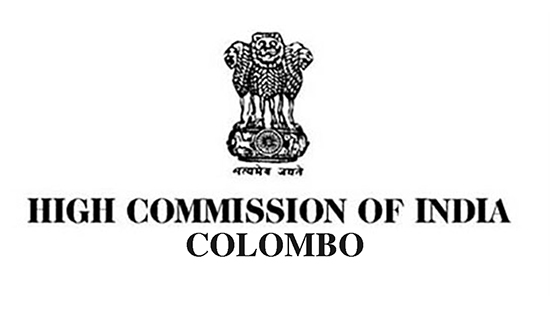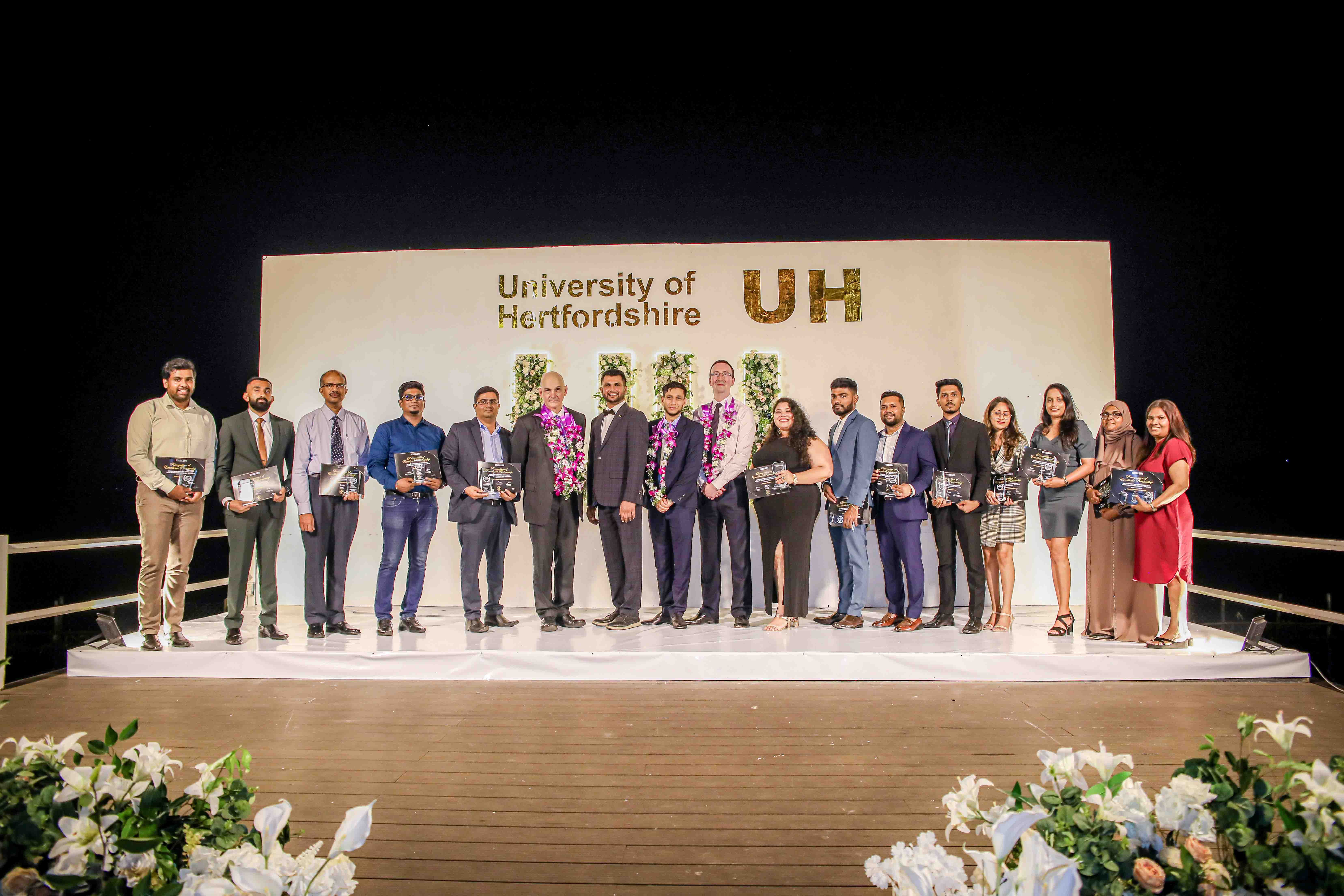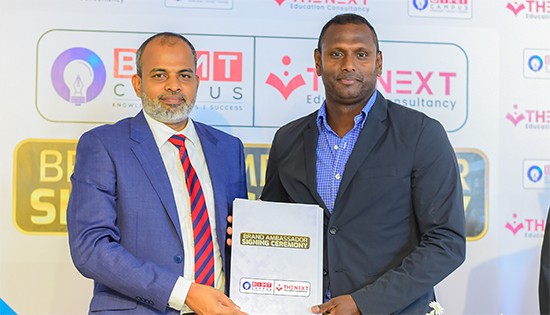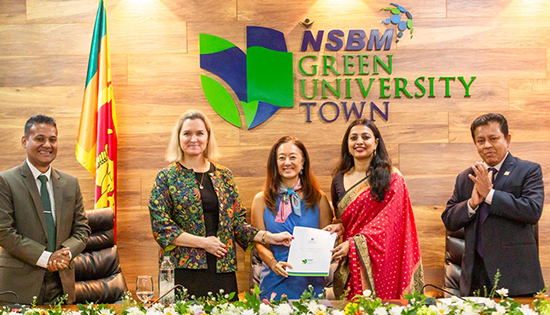Degrees: Charting a Course for Academic and Professional Excellence

For Sri Lankan students who have completed or are awaiting their Advanced Level (A/L) examination results, pursuing a degree remains a traditional and esteemed pathway in higher education. Degrees offer comprehensive knowledge and open doors to a multitude of career opportunities.
Understanding Degree Programs
Degree programs are extensive courses of study offered by universities, typically spanning three to four years. They provide an in-depth understanding of a chosen field, encompassing both theoretical frameworks and practical applications. Degrees are often prerequisites for professional careers and advanced studies.
Advantages of Obtaining a Degree
- Comprehensive Knowledge: Degree programs cover a broad spectrum of subjects within a discipline, fostering critical thinking and analytical skills.
- Career Opportunities: Many professions require a bachelor’s degree as a minimum qualification, making it essential for career advancement.
- Higher Earning Potential: Statistically, degree holders often have access to better-paying jobs compared to those without.
- Pathway to Further Studies: A bachelor’s degree is a stepping stone for postgraduate education, including master’s and doctoral programs.
Popular Degree Fields in Sri Lanka
- Medicine and Health Sciences: Degrees in medicine, dentistry, and nursing are highly sought after, given the global demand for healthcare professionals.
- Engineering: Specializations in civil, mechanical, electrical, and electronic engineering cater to various infrastructural and technological needs.
- Business and Management: Programs focusing on finance, marketing, and human resource management prepare students for the corporate world.
- Information Technology: Degrees in computer science and software engineering align with the digital transformation era.
Considerations for Prospective Degree Students
- Accreditation: Verify that the university and the specific program are recognized by educational authorities.
- Curriculum and Faculty: Research the course structure and the qualifications of the teaching staff to ensure quality education.
- Facilities and Resources: Access to laboratories, libraries, and online resources enhances the learning experience.
- Financial Investment: Consider tuition fees and explore scholarship opportunities or financial aid options.
Pursuing a degree is a significant commitment that offers substantial rewards.
Related News
Apply Now: French Embassy Research Scholarships 2025 Open for Applications
The French Embassy in Sri Lanka and the Maldives is proud to announce the opening of its annual call for applications to…
Read MoreGCE A/L Results Release Update – www.doenets.lk
The Department of Examinations has announced that the results of the 2024 G.C.E. Advanced Level examination will be released after April 20.…
Read MoreAngelo Mathews Named Brand Ambassador for The Next Education Consultancy & BIMT Campus
In a landmark move that bridges excellence in education with the spirit of sporting greatness, The Next Education Consultancy and BIMT Campus…
Read MoreAustralasian Academy Hosts Thrilling Inter-Culinary Competition 2025
The culinary scene at Australasian Academy was set ablaze with talent and passion as students showcased their exceptional culinary skills at the…
Read MoreEmbassy of Sri Lanka in Washington, D.C. facilitates partnership between NSBM Green University and American University
The NSBM Green University Sri Lanka and the American University (AU) Washington, D.C. formalized an academic partnership, marking a significant milestone in…
Read MoreCourses
-

IMC – Bachelor of Psychology
IMC Education Overview IMC Campus in partnership with Lincoln University College (LUC) Malaysia offers Bachelor of Psychology Degree right here in Sri… -

ANC – BA (Hons) International Business Management (Top-Up)
ANC Education Overview Designed in partnership with public and private business organizations, this program develops one’s ability to critically evaluate business models… -

IIT – BSc (Hons) Computer Science
IIT Campus Overview BSc (Hons) Computer Science provides a solid foundation and training regarding the fundamentals of the computer science field, along… -

APIIT – BSc (Hons) Cyber Security
APIIT Sri Lanka Overview Our BSc (Hons) Cyber Security award is designed to launch your future career in the protection of software… -

ICBS – BSC (Hons) Business Management with Marketing Management
ICBS Overview The BSc (Hons) Business Management with Marketing program, awarded by Queen Margaret University (QMU), is a highly regarded degree that… -

UTS – Diploma of Science
UTS College Sri Lanka Overview The Diploma of Science is designed to empower you to apply scientific thinking and analysis to important… -

CSA – Master of Architecture and Environmental Design
City School of Architecture Overview The Master of Architecture and Environmental Design Degree at CSA is awarded by the University of the… -

APIIT – BSc (Hons) International Business Management
APIIT Sri Lanka Overview Increasingly businesses are becoming more and more international. This requires business management professionals to have knowledge, skills and… -

IIT – BSc (Hons) Artificial Intelligence And Data Science
IIT Campus Overview The BSc (Hons) Artificial Intelligence and Data Science course is awarded by Robert Gordon University (RGU) in the UK… -

ICBS – International Degree Foundation in Business / IT
ICBS Overview The Scottish Qualification Authority (SQA) is a globally recognized organization dedicated to education and qualification development. SQA is responsible for… -

APIIT – BA (Hons) Finance and Business Enterprise
APIIT Sri Lanka Overview Finance and accounting are no longer just about taxation and the management of financial capital. This award will… -

APIIT – MBA General
APIIT Sri Lanka Overview The MBA is awarded by Staffordshire University, UK. This award is an advanced course of study in management… -

ANC – LLM in International Business & Commercial Law
ANC Education Overview This course is designed for graduates of law, business and finance in a legal or a corporate job role… -

AOD – BA (Hons) Fashion Design and Marketing
Academy of Design Overview The syllabus is from the UK’s Northumbria University, as one of their most revered flagship programmes and is… -

APIIT – MSc. Marketing Management
APIIT Sri Lanka Overview This MSc Marketing Management degree – awarded by Staffordshire University, UK is an advanced course of study in…
Newswire
-

11 restaurant workers arrested over Galle customer assault
ON: April 18, 2025 -

Man arrested for shooting at Church in Manampitiya
ON: April 18, 2025 -

IPL points table 2025 | Standings
ON: April 18, 2025 -

“The President has sunk to a very low level” – SJB MP Nalin Bandara
ON: April 18, 2025











